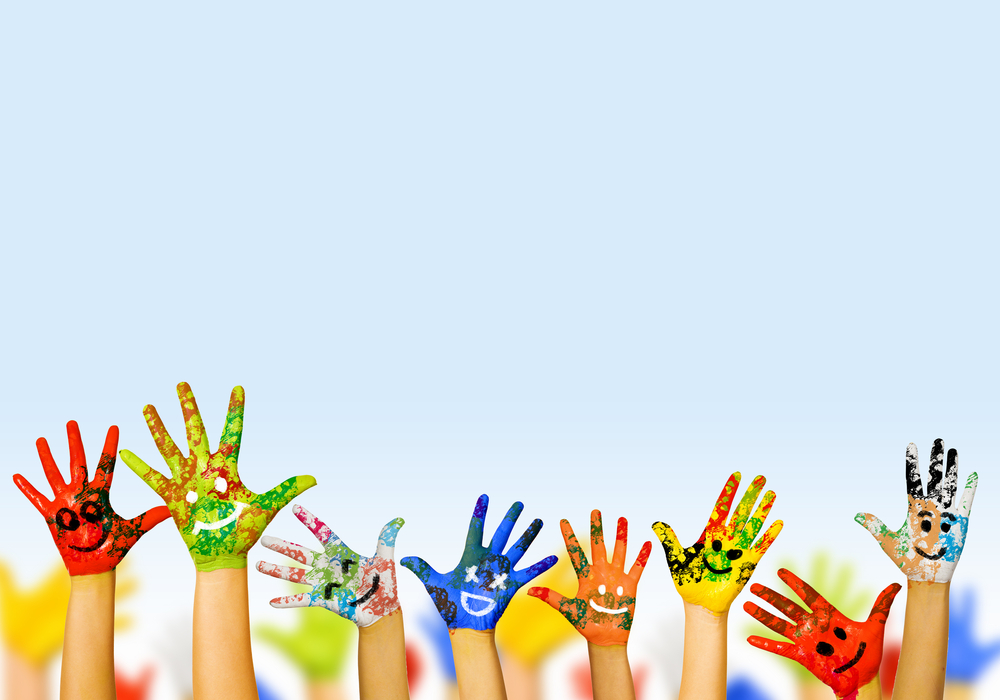The Faculty of Education’s Wendy Cobb took part in a TES podcast last week looking at how creativity could save students’ mental health. Here she discusses how creativity will be vital to supporting students when they return to school.
In the week most schools in England closed during the Covid-19 pandemic, Mental Health Charity Young Minds carried out a survey with 2000 young people to establish the impact of the pandemic on their mental health. Not surprisingly 80%, of those young people stated that the pandemic was having a worsening impact; for a third of them their mental health was much worse.
We know that protective factors for positive mental health include routines, social connectedness and a sense of belonging. All these things are likely to have been disrupted for our young people and for the many who are hovering just below the threshold for exhibiting mental health issues, the sudden changes to their lives will have had an enormous negative impact on their mental wellbeing.
Other protective factors include what we understand to be the characteristics of creative individuals, including a sense of positivity and having a belief in an ability to effect change, which may explain why so many young people have taken solace during the pandemic in being actively involved in progressing the Black Lives Matter debates, in volunteering and in effecting policy change, as Marcus Rashford recently role modelled in his free school meals voucher scheme campaign.
Last week I had the pleasure of discussing some of these issues with Julia Wisbey, a senior leader and director of performance at Admiral Lord Nelson secondary school in Portsmouth, which was named creative school of the year at the 2019 TES awards, for a recorded TES podcast when we talked about the role of art and creativity on young people’s mental health.
Most of us have had some kind of creative project going on during lockdown, from landscaping gardens to baking no flour cakes or creatively tackling how to virtually connect with grandparents who have never heard of Zoom. But creativity isn’t simply about making and doing, it is also about creative mindsets and about adopting new worldviews. A lot of creative thinking has been happening recently too and scattered amid the doom and gloom of daily Covid-19 news reports there have been many heartwarming stories of young people and parents working collaboratively together on initiatives to effect change around the building of a better future.
Schools are currently talking about the ‘recovery curriculum’ they will be delivering in September with the expectation of all children returning to the classroom, bringing with them different skills, knowledge and understanding gained through their varied experiences of home learning or ‘unlearning’. Whether they have engaged or not with the school provided curriculum during lockdown, creativity in its many forms will be hugely significant to the different experiences they will bring with them to their next classes.
What we must ensure therefore is that creativity in all its forms is recognised and celebrated within the recovery curriculum and that art and culture is valued not just as a proven mental health therapy but as one part of a positive lived experienced which prioritises human flourishing and does not see success based solely on academic achievement.
Listen to the TES podcast, Could creativity save students’ mental health?
Wendy Cobb is a Senior Lecturer in the Faculty of Education.
 Expert comment
Expert comment Jeanette Earl
Jeanette Earl 1349
1349


